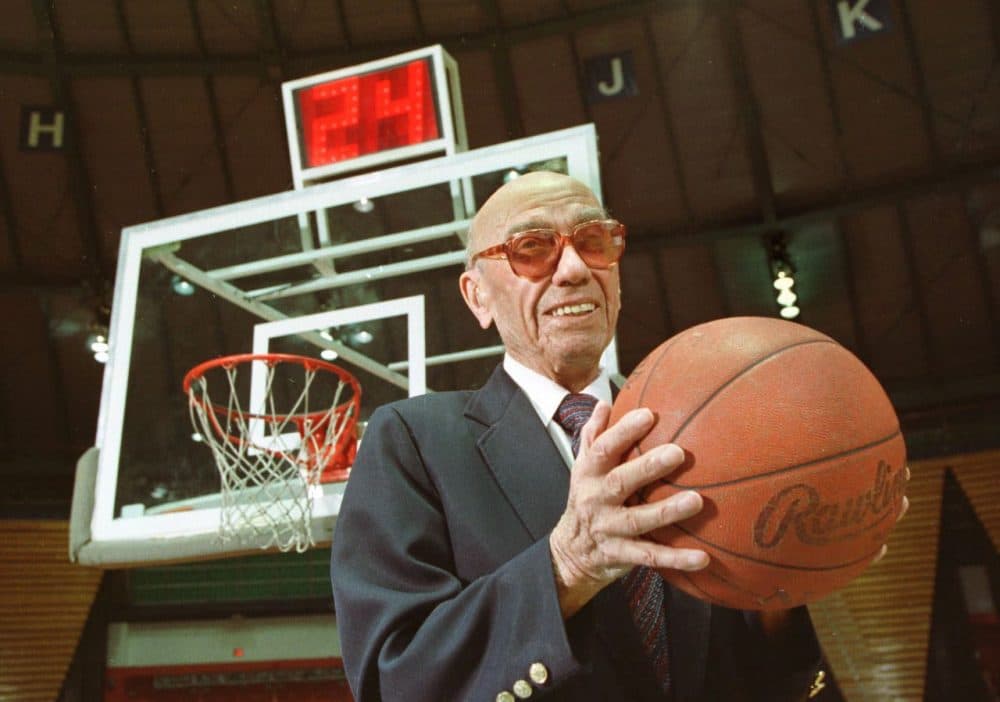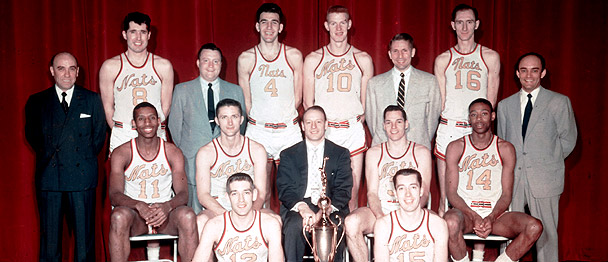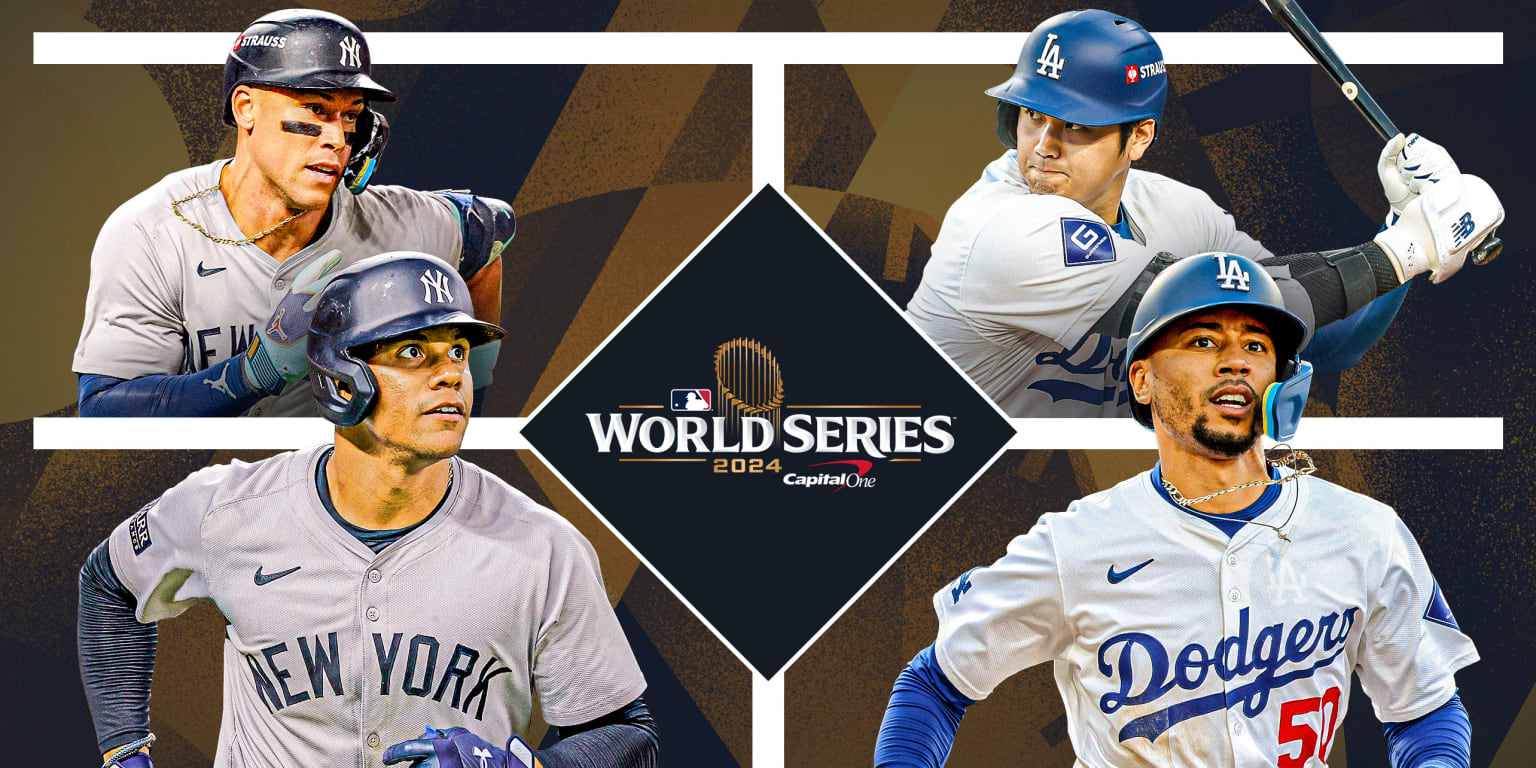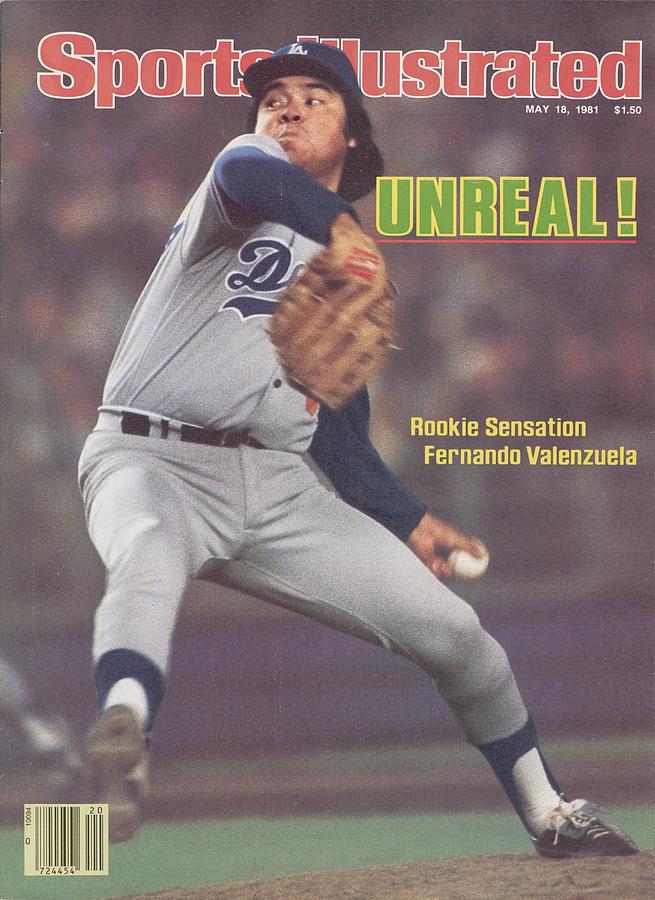It started out so well. Aaron Judge and Jazz Chisholm hit back-to-back home runs in the 1st inning, giving the Yankees a 3-0 lead. Alex Verdugo singled Anthony Volpe home in the 2nd, to make it 4-0. Giancarlo Stanton hit one out in the 3rd, making it 5-0. And through the 1st 4 innings, Gerrit Cole had allowed no runs, no hits, just 2 walks. He wasn't overpowering, but he was getting the job done beautifully.
And then came the top of the 5th inning. Yankee Fans who saw this inning will see it in their nightmares until they die:
* Kike Hernández singled to right.
* Tommy Edman hit a fly ball to center field, and Judge dropped it.
* Will Smith grounded to short, but Volpe can't make the double play. Bases loaded, nobody out.
* Cole struck Gavin Lux out.
* Cole struck Shohei Ohtani out. He got to within 1 strike of getting out of it with no runs.
* Mookie Betts grounded to 1st. But 1st baseman Anthony Rizzo was too far from the base to make the play. And so was Cole, so Rizzo couldn't throw to him. It was like Bill Buckner and Bob Stanley in Game 6 of the 1986 World Series, except that, this time, the 1st baseman did get the grounder. Stanley often gets blamed for not covering 1st, but Cole wouldn't have made it in time, either. This was not bad defense, it was just bad luck, and good hitting by Betts. Kike scored. 5-1.
* Freddie Freeman, who seemed to be out-hitting not just the Yankees but his own teammates, singled to center, scoring Edman and Smith. 5-3.
* Teoscar Hernández doubled to center, scoring Betts and Freeman. 5-5.
* Max Muncy drew a walk.
* And Kike batted again, grounding to short, and Volpe stepped on 2nd base to force Teoscar out, and finally end the inning. That's 5 runs on 4 hits (1 of them an infield hit), 1 walk and 2 errors.
It would have been understandable if the Yankees were shellshocked by this. But they loaded the bases in the bottom of the 5th -- but couldn't score. Somehow, Cole survived all this, and pitched a 1-2-3 6th inning. He went 6 innings, allowing no earned runs -- 5 unearned.
In the bottom of the 6th, Juan Soto and Judge walked, Chisholm grounded into a force play that eliminated Judge and moved Soto to 3rd, and Stanton flew to center to sacrifice Soto home. Rizzo drew a walk, but Volpe grounded out to end the rally.
It was 6-5 Yankees, and there was hope again. But the shadow of that 5th inning was too large: It didn't feel like all we had to do was get 9 more outs.
Cole and Clay Holmes got through the 7th. But manager Aaron Boone did not leave Holmes in to pitch the 8th, and Tommy Kahnle allowed singles to Kike and Erdman, and walked Smith. Again, bases loaded and nobody out. Boone brought the closer in, Luke Weaver. Lux hit a sac fly to center, scoring Kike. Ohtani was awarded 1st base on a very dubious catcher's interference call. And Betts flew to center, scoring, Edman. 7-6 Dodgers.
Dodger fans have ripped their manager, Dave Roberts, for the Dodgers' shortfalls over the last few years, with their only World Series win being in the "COVID Bubble" year of 2020. But with this "bullpen game," he outmanaged Boone -- or, rather, Boone let Roberts outmanage him.
The Yankees had men on 1st & 2nd with 1 out in the 8th, but didn't score. And they went very quietly in the 9th, with Walker Buehler striking Verdugo out swinging for the final out. The Dodgers had won the World Series in 5 games, despite Clayton Kershaw being injured and unavailable for the postseason. Freeman, of course, was named the Series Most Valuable Player.
For the Dodgers, a glorious moment, an 8th World Series win, 7 if you properly do not count the 1955 title in Brooklyn. For Roberts, total redemption, and putting himself in the conversation for election to the Hall of Fame once he retires. For Ohtani, a title that cements him as a baseball legend, though his own World Series performance was awful. For Freeman, who had previously won the Series with the 2021 Atlanta Braves, and Betts, who had previously won it with the 2018 Boston Red Sox *, possibly raised to the status of future Hall-of-Famer. (They might have gone on to make it, anyway.)
For the Yankees, a season of big moments, including the 1st American League Pennant in 15 years. And yet, it cannot be termed anything other than a failure. They scored just 7 runs in the 1st 3 games, won Game 4, took a big lead in Game 5 to forge some hope of the greatest comeback in baseball history... and then had the nightmare inning. Once again, the fundamentals were bad. The Yankees took out the fun, and left "da mentals."
To find a worse inning in postseason play, you have to go back to the 1929 World Series, Game 4, bottom of the 7th. It began Chicago Cubs 8, Philadelphia Athletics 0. The inning and the game ended A's 10, Cubs 8, and the A's won the Series the next day.
Of the 28 Major League Baseball teams that didn't get this far, most if not all of them would be content with what the Yankees did this season. But those of us who are Yankee Fans cannot be content with this.
Yes, the umpiring was bad. It was also bad in the ALDS against Kansas City, and in the ALCS against Cleveland, and we won, anyway. It shouldn't have been an issue this time. The Yankees had their chances, and blew them.
What can you do, except hope that team management will make the necessary changes for next season. But they won't, will they?



















